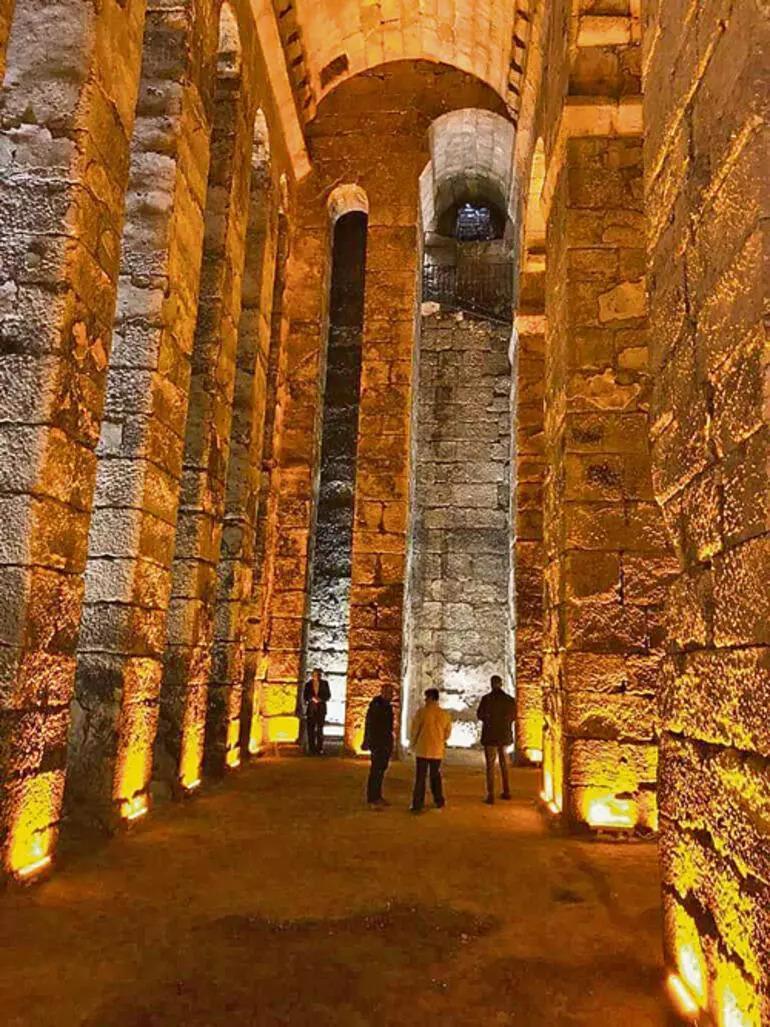
The Agriculture and Forestry Ministry has initiated efforts to reintroduce the cistern system, which was used centuries ago for the purpose of storing water, to combat the recently increasing floods across the country.
In response to the increasingly frequent and sometimes deadly floods in certain provinces, which have been exacerbated by irregularities in precipitation patterns due to climate change, authorities are seeking alternative solutions.
The general directorate of water management of the ministry is developing a project to revive the centuries-old cistern system, originally built for water storage but later fell out of use, with the aim of both preventing floodwaters from reaching residential areas and harnessing the advantages of floodwaters against the risk of drought, according to daily Milliyet.
Municipalities will also be tasked with organizing urban infrastructure and implementing underground water reservoirs.
Afire Sever, the head of the water management directorate, stated that it is possible to transform the recent urban floods experienced in many cities, including the capital Ankara, into an advantage.
“We must turn floodwaters into abundance against the risk of drought. Today, we see once again how necessary the cisterns that our ancestors built centuries ago are. There are very successful examples of cisterns in terms of both preventing floods, collecting rainwater and using it for different purposes,” Sever explained.
Sever also stressed municipalities should prepare their wastewater and rainwater drainage plans by considering the effects of climate change, adding that this would ensure the rain drainage lines do not cause urban floods.
It is known that cisterns were initially used for irrigation purposes in agricultural lands. According to some sources, the Mardin-Dara Water Cistern in the southeastern part of the country built in the sixth century is believed to meet the water needs of a city with a population of nearly 40,000. Similarly, the Basilica Cistern in Istanbul, a Byzantine structure, was built in 526-527 to address water issues. After the conquest of Istanbul, it was used for a while and supplied water to the gardens of Topkapı Palace.